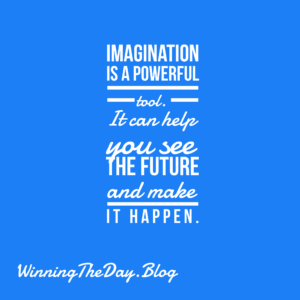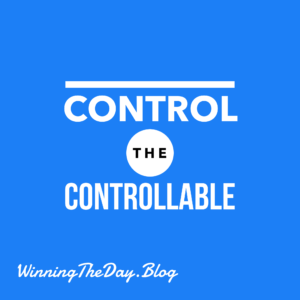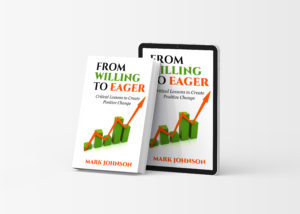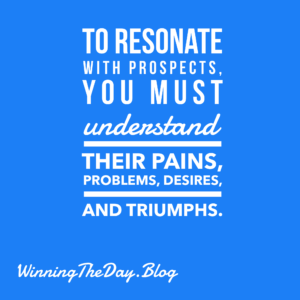Ever hit a wall where you just can’t seem to get motivated, even when you know you need to? There’s a powerful technique, rooted in research on addiction, that can help you overcome these moments and achieve your goals: Functional Imagery Training (FIT).
FIT is a psychological technique that uses your imagination and all your senses to create compelling mental images that drive you towards positive action. It stems from research on how intrusive thoughts can sabotage self-control, particularly in addiction. FIT helps you replace those negative thoughts with vivid, positive visions of success.
Here’s how it works: Instead of just thinking about a goal, you vividly imagine the experience of achieving it, engaging all five senses.
Example: Overcoming Morning Resistance
Imagine your alarm goes off. Instead of dreading the day, imagine:
- Sight: The sun streaming through your window.
- Sound: The birds chirping outside.
- Feel: The cool air on your skin as you get out of bed.
- Smell: The aroma of freshly brewed coffee.
- Taste: The first sip of that delicious coffee.
By creating this immersive sensory experience, you prime your brain for positive action, making it much harder to hit snooze.
How FIT Applies to Business:
This same principle can be applied to various business challenges:
- Overcoming Procrastination on a Difficult Task: Instead of dreading a complex project, imagine the feeling of accomplishment upon completion: the satisfaction of sending that final email, the positive feedback from a client, the feeling of checking it off your to-do list.
- Preparing for a Big Presentation: Imagine the scene: you confidently delivering your presentation, the audience engaged and nodding, the feeling of pride after a successful delivery.
- Motivating Yourself for Sales Calls: Imagine the positive interactions: connecting with potential clients, understanding their needs, and closing deals.
The Science Behind It:
Research shows that when we vividly imagine achieving a goal using multisensory imagery, we’re five times more likely to achieve it. This is because these vivid images activate multiple areas of the brain, including the limbic system (emotions) and the frontal lobe (critical thinking), creating a powerful neurological drive towards action.
Using Physical Cues:
You can also use physical cues to reinforce your mental images. Place a visual reminder related to your goal in a prominent place—a photo of a successful project, a motivational quote, or even a symbolic object. This visual cue can help you quickly access your positive mental imagery and stay focused.
By mastering the art of mental imagery, you can unlock greater resilience, enhance your problem-solving abilities, and dramatically improve your focus, leading to greater success in your business and life. And that is how we win the day!









